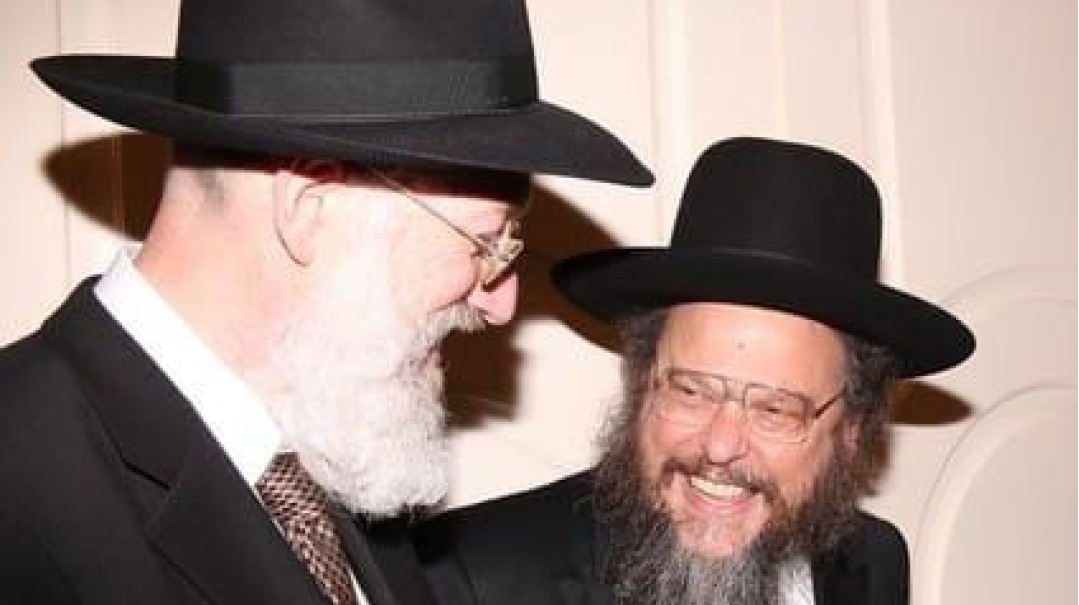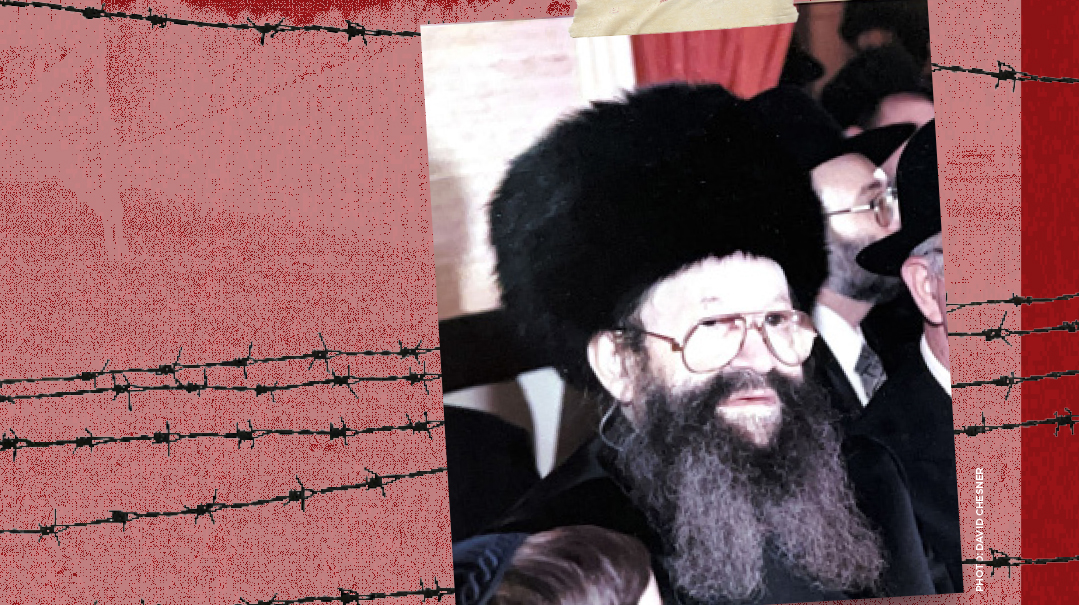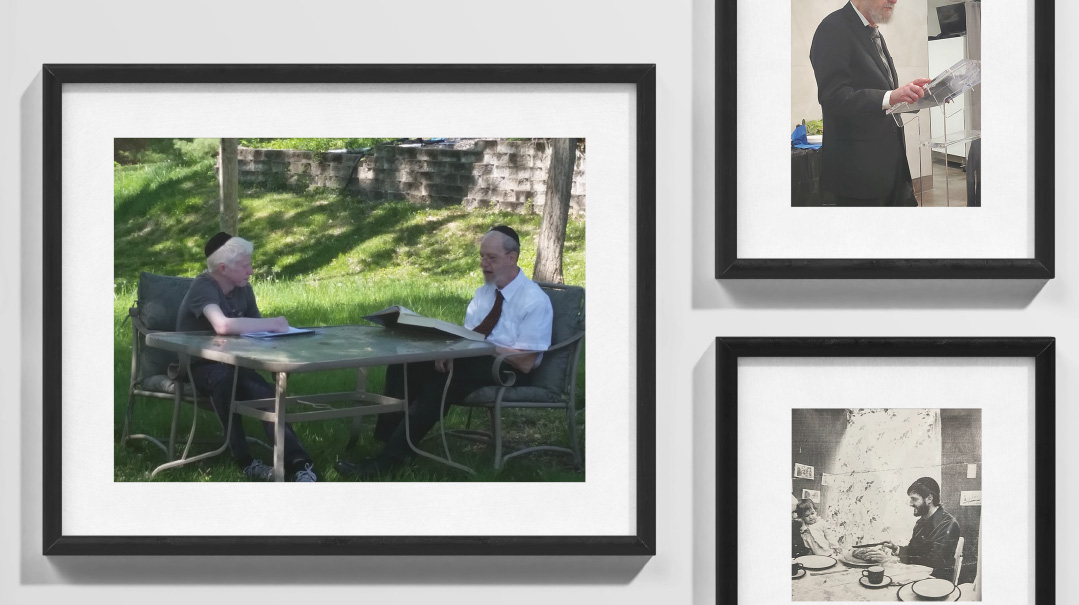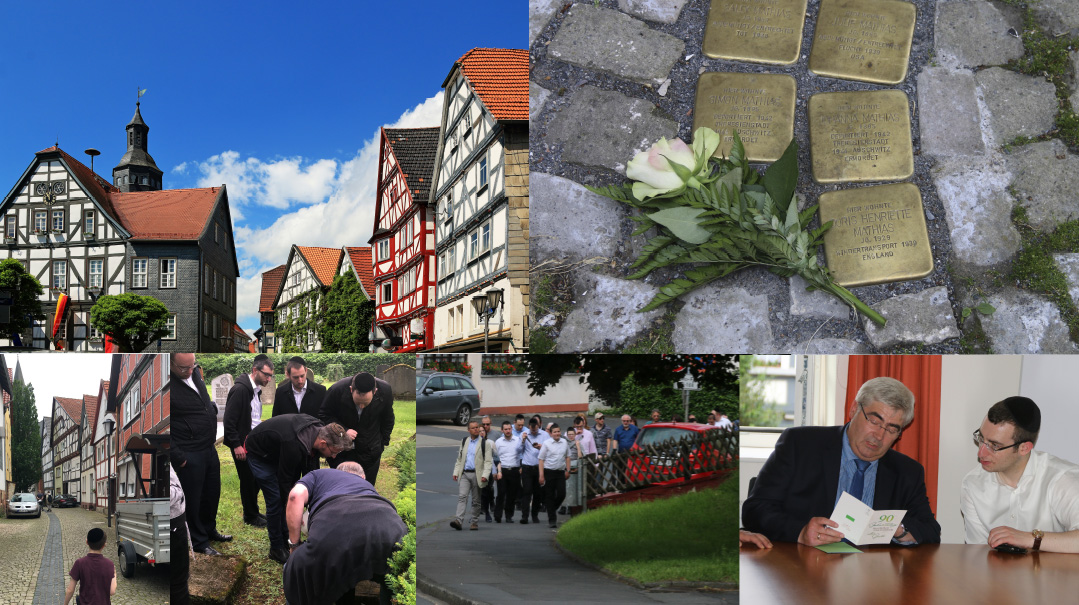Cornerstones of Growth
| September 20, 2022Sounds like a pity party? Anything but
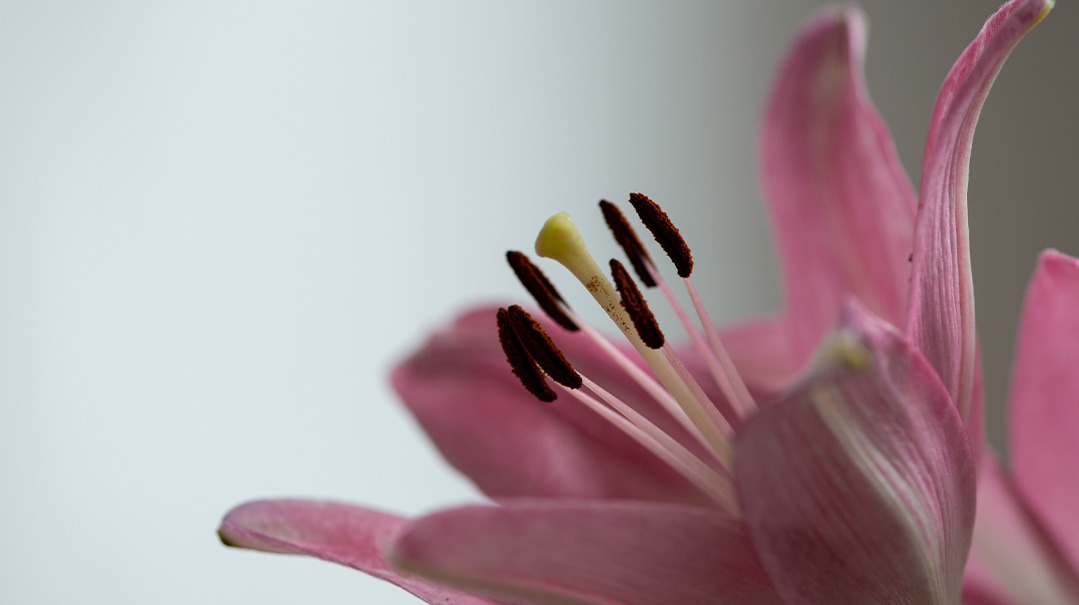
I
think about Shoshana every Elul, and then again on Rosh Hashanah. I think about her all year, but on Elul and Rosh Hashanah I think about the paper in her machzor, and I beg Hashem to give me another chance. Maybe, maybe, I dream, in the coming year I’ll actually be able to write something on my own paper….
After her shocking petirah in the 2001 Sbarro terror attack, I learned something I had never known about my dear friend Shoshana (Hayman) Greenbaum Hy”d. I learned, from my sister with whom Shoshana had shared this idea, that Shoshana came into Rosh Hashanah each year like a humble employee coming to her end-of-the-year review. She came prepared to prove her worth, to request another year, and defend her position when challenged as to why she deserved to be granted a renewal contract.
It was Shoshana’s teacher, Rebbetzin Judy Young a”h, who taught her this amazing concept, predicated on the idea that nisyonos are given to build us, to foster growth, to bring us to a higher level of avodas Hashem.
Dovid HaMelech writes, “Even ma’asu habonim haysah l’rosh pinah, — the stone the builders despised became the cornerstone.” Instead of kicking it away, that stone of challenge is used to create and build. It becomes the very foundation. Shoshana explained how Rebbetzin Young urged her students to focus on this and try to see how they could grow from and through their challenges.
And Shoshana did. Every Elul, she took a piece of paper and folded it down the middle. Across the top she’d write the words, “Even ma’asu habonim haysah l’rosh pinah.” In the first column, she would list various nisyonos — difficulties and challenges big and small — that she’d encountered over the course of the year: shidduchim; a challenging student or difficult parent of a student; a struggle with a coworker; an unresolved dilemma; any snag she felt she’d hit.
Sounds like a pity party? Anything but.
In the second column, across from each nisayon, Shoshana would delineate how she grew from that challenge, how she worked on herself to emerge a different — better — person than she was before.
That paper came to shul with Shoshana each Rosh Hashanah, when she’d ask her Creator for one more year. It was not a given. It was a request.
Please, Hashem, I can imagine her praying, I know that life is in Your hands. No one knows what the year will bring. I know we are here for a reason, and I want to make the most of my time here and make You proud. You gave me “assignments” this year, and I hope I have completed them. Here is what I did with the stones You’ve thrown my way….
The older I get, the more I experience in the world around me, the shakier the ground beneath me feels. Nothing is guaranteed; nothing is a given. Back in 2001, this wasn’t yet a regular occurrence, where I’d speak to a friend over coffee in the morning, and by that afternoon she and her unborn baby have ascended to the Olam Ha’emes, leaving me with memories and life lessons to strive to implement over the decades to come.
But today… today I feel as if this is the world my children are growing up in. Uncertainty. Insecurity. Stories, stories, every day more stories, children they know, parents of their friends, sudden occurrences, car accidents, news of illness….
Today, nothing seems assured, least of all life.
And yet, we stand before the King on the holiest of days, beseeching Him to grant us more time. Another year. I look at the list of requests in Avinu Malkeinu and feel almost greedy for asking for more than life — even that we don’t take for granted.
And I think of my friend Shoshana. I think of how she went through life, every day, every moment, trying to do the best with what Hashem sent her way. It’s not just that holy sheet of paper written during the weeks leading up to Rosh Hashanah. What amazes me is the other 11 months of the year, and how she accepted nisyonos, connecting to her challenges through the “cornerstone mindset” that she worked on.
I think of how she did not take one day for granted, doing her best all year long to ensure she’d come into a new year a different person from the one she’d been the year before. And then to be able to say, Look, Hashem, I appreciate the gift called life that You have given me, now, please, give me more….
That’s greatness. And that was Shoshana.
Her life ended shortly before Rosh Chodesh Elul. She never did get to make her list in the final year of her life. But I’ve always imagined Shoshana coming before the Kisei Hakavod itself and being able to go down her list with confidence, showing the angels and Judge what she accomplished that year, passing with flying colors.
As another Elul comes to a close and I have been, only by the Grace of G-d, zocheh to another Rosh Hashanah, I strive to come before Him not only with the work of the past year, but also with the firm knowledge that life is a precious gift and we are here to build and create what we can from every uncertain moment.
L’ilui nishmas Yehudis Shoshana Hy”d bas Reb Eliyahu Dovid n”y
(Originally featured in Family First, Issue 811)
Oops! We could not locate your form.


